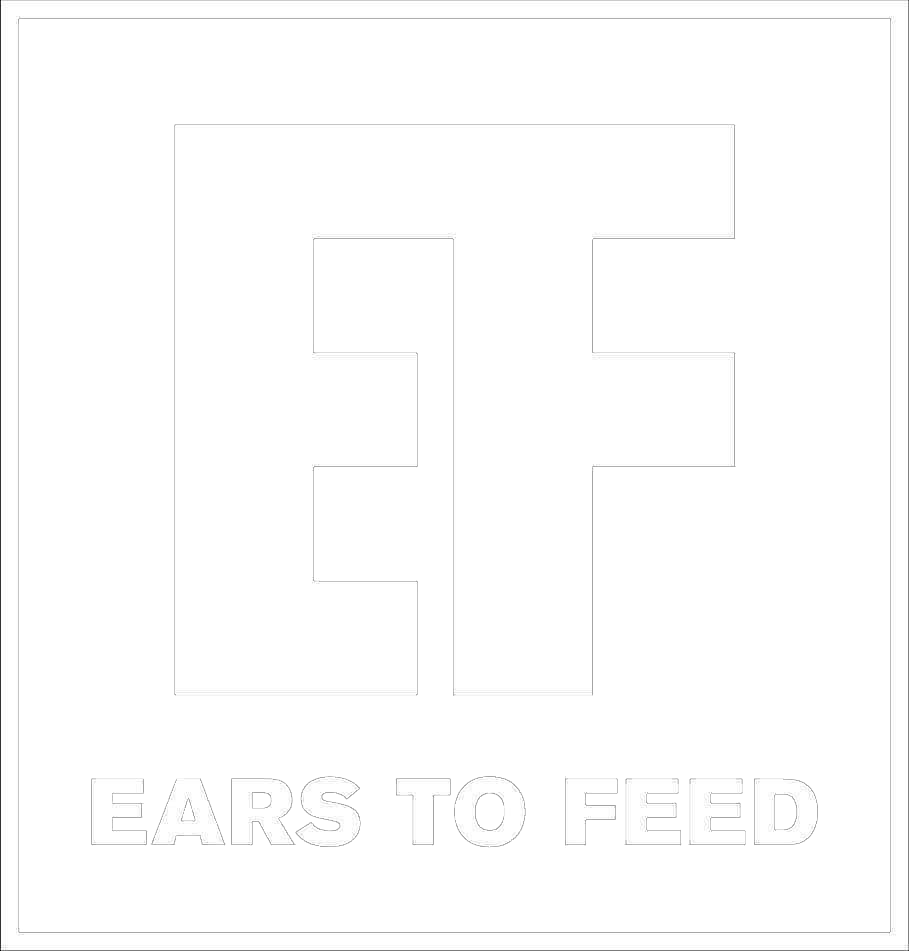The first time I heard Mega Bog’s Erin Birgy was on a 2019 Audiotree where she whisper-sang about an anthropomorphized fauna in the well of a song.
“Flower” planted itself as the animated jazz opening track on her sixth album Life, and Another. It functions as an introductory lens into Birgy’s world. You have just woken up and rubbed the morning’s hazy film away from your eyes when you enter a lush terrain.
Birgy’s fleeting thoughts determine the physics of this realm. I picture a world painted with the same palette as the film Labyrinth. There are looping staircases to nowhere and saturated creatures around endless corners; However, instead of David Bowie as a Goblin, you have Erin Birgy as a riddler.
Birgy’s playful imagination streams into the pigment of her melodies while her words hold more gravity; I see Life, and Another as a series of small deaths. Like a flower, Birgy allows each of the petals of her paper mache-esque world to wither and pass on before a final farewell.
Created with Big Thief’s James Krivchenia, Hand Habits’ Meg Duffy and Iji’s Zach Burba, there is a mystical whimsy that glimmers against the gravity of her themes throughout the album.
On “Weight of the Earth, on Paper,” Birgy deploys childlike imagery as she hums, “For I’ve yellow poppies / Growing in my shadow / Those are the things / That seem to scare you.” She describes nature rippling into her body as the song upholds an axiom that she lives among the earth, not on it. This sentiment acts as a conduit to larger ideas regarding our care for the earth. “The velvet water beneath us / Is sneering / Called us idiots / Because in the middle / There’s two feet of silence / Of something that’s love-like / And wants to live,” Birgy hurriedly sings. There is an urgent cadence that accompanies her telepathic connection to the world around her, a world that is begging to live. The Earth produces miniature deaths of our surroundings, and therefore ourselves, each day.
But, that is just one interpretation of Birgy’s riddles.
Her enigmatic songwriting is both baffling and enchanting. It sometimes feels as though you are in a musical with her where you don’t know the plot. In the titular track, she opens with “Let me tell you the truth,” and pauses as if a crew hurried a set away and replaced it with a new backdrop to indicate that our temporal space has shifted. Throughout the song she allows herself to suspend her words to make space for reflection and creates shifts in tempo when the ideas change. Like drawing an endless line with bleeding ink, you can see the process in the creation; times where you lingered feel thicker and where you moved more hastily aren’t as prominent. “Look there will always be beauty / once you turn back towards the gate,” she purrs on “Life, and Another,” spelling out one of her more obvious metaphors for transitioning to a new life.
“Maybe You Died,” follows these dangling notes of memory. We have undergone another layer of death and are now in a purgatory state. But at least there is Birgy’s folk jazzy tenderness to soothe us while we’re there. This narrative continues in “Beagle in the Cloud” where Birgy pulls us in and whispers, “Here, I haven’t aged since I was four years old.” If time is a feeling, that feeling has mutated into something more amorphous here. Maybe an ever-expanding cloud dictates the clock.
While there is the motif of death bringing new life, and even birthing new worlds, Bligy’s album is purposefully opaque. Despite the mystery, there is accessibility in knowing that you can apply your own meaning to her half-finished sentences. In the closing track, “Ameleon,” she somberly mouths, “Watch me move an office chair out the door.” After thirteen songs where she was the architect for fantastical worlds, I would hope this means that the new world she’s dreaming of has moved past the traditional capitalist modes of work. But, it also might mean she is simply moving an office chair out of the door.
Essential Tracks: “Life, and Another,” “Maybe You Died” and “Ameleon”
